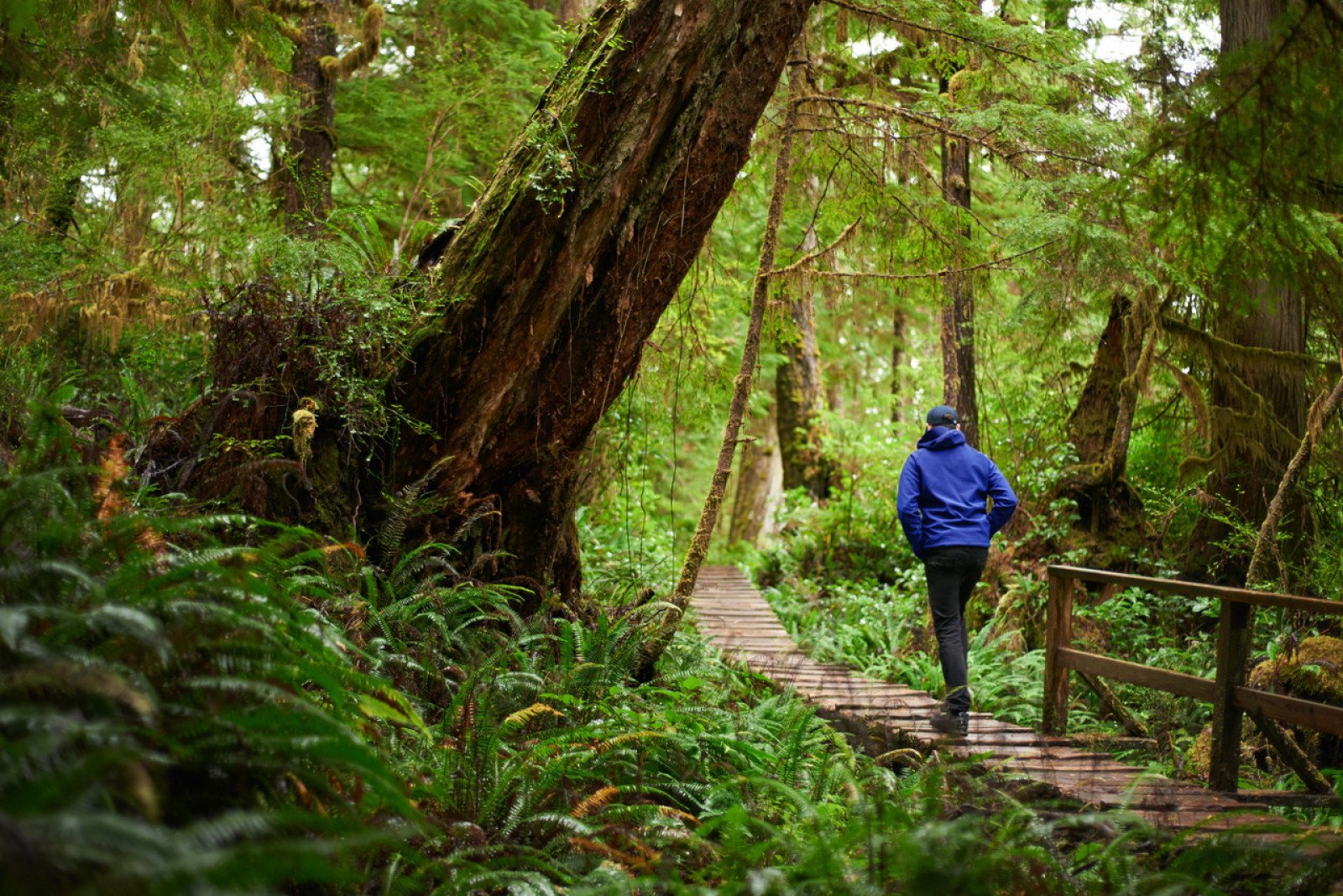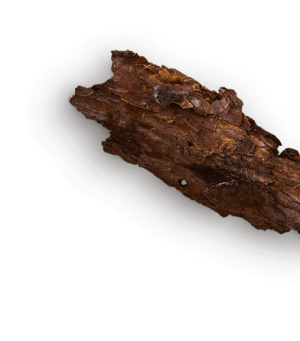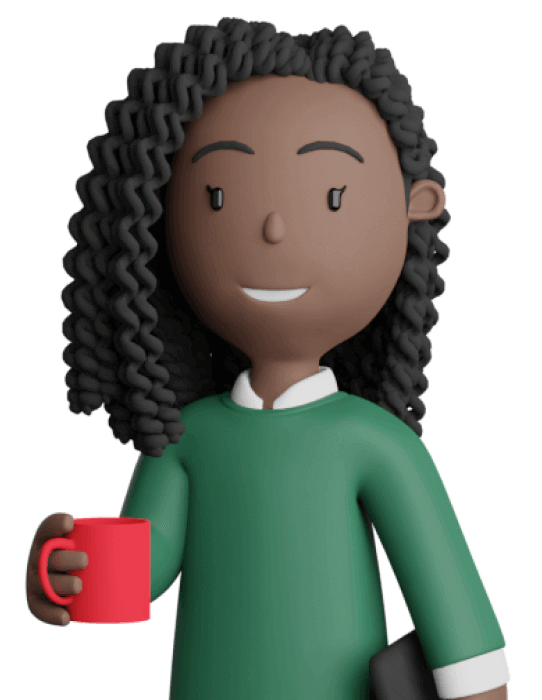Indigenous communities and climate resilience
What roles can Indigenous communities play in developing climate resilience?

Overview
In this activity, students use reading comprehension strategies to discover the roles that Indigenous communities can play in helping to address climate change and developing climate resilience.
Instructions
What you'll need
- “Indigenous communities are at the forefront of climate resilience” article, print one for each pair of students
- “Indigenous communities and climate resilience” slides
- Digital projector and screen
- Open and display “Indigenous communities and climate resilience” slides. Show slide 2 with the title an introductory image for the article “Indigenous communities are at the forefront of climate resilience” and read the four statements that could represent the main idea of the article with your students.
- Ask students to make a prediction: Which statement is the least likely to be the main idea of the article? Which statement is the most likely to be the main idea of the article? Encourage students to use clues from the article title and the image to guide their thinking.
- Encourage students to share their decision and thinking.
- Organize your students into pairs, and show slide 3. Briefly explain that the slide shows 18 words or phrases from the article, then ask groups to identify any that they think younger students might not be familiar with. Encourage groups to discover the meaning of at least one of their selected words or phrases, then share their definitions with the class.
- Ask students to review the words/phrases as second time, this time trying to group common words together.
- Invite pairs to sharing their word groups with the class.
- After students have shared their clusters, show slide 4 (same content as slide 2) and re-visit the statements about the main idea of the article. Encourage groups to discuss the statements and select the one that best captures the main idea of the article.
- Provide each pair with a copy of the “Indigenous communities and climate resilience” article. Ask groups to read the article and decide which of the four statements best reflects the main idea of the article. Alternatively, assign groups single paragraphs or small sections of the article.
- To conclude the activity, invite students to suggest what important roles Indigenous communities can play in helping create climate resiliency.
Curriculum Fit
Grade 7 Science
Big idea
- Earth and its climate have changed over geological time.
Content
- First Peoples knowledge of changes in biodiversity over time
- Evidence of climate change over geological time and the recent impacts of humans:
- Physical records
- Local First Peoples knowledge of climate change
Curriculum competencies
Questioning and predicting
- Demonstrate a sustained intellectual curiosity about a scientific topic or problem of personal interest
Processing and analyzing data and information
- Apply First Peoples perspectives and knowledge, other ways of knowing, and local knowledge as sources of information
Applying and innovating
- Contribute to care for self, others, community, and world through personal or collaborative approaches
- Transfer and apply learning to new situations
- Generate and introduce new or refined ideas when problem solving
Communicating
- Communicate ideas, findings, and solutions to problems, using scientific language, representations, and digital technologies as appropriate
Assessments
Throughout the activity, consider how well students:
- Apply their understanding of the words and phrases to make sense of the main idea in an article.
- Recognize the importance of Indigenous science in adopting meaningful climate actions.
- Are able to self-correct and extend their thinking from the beginning of the lesson to the end.
- Pay close attention to appropriate details.
- Use relevant scientific terminology correctly to support their conclusions—emissions and greenhouse gases, sustainable practices, causes of climate change, habitat/ecosystem loss.
Teaching Notes
How this activity was developed
These materials were created with guidance from Indigenous educators, subject matter experts and thought leaders to help draw upon important teachings, learnings, and Indigenous perspectives.
For centuries, the traditional western view of water has often been focused on its value as a resource. Indigenous people have a unique relationship with the waters of British Columbia. Since time immemorial, water has played a sacred role and is seen as a living entity. How water is used must be carefully considered with a view towards not just the immediate need and impact, but the needs and perspectives of generations to follow.
We are dedicated to deep listening and respectfully highlighting Indigenous ways of knowing in the materials we provide B.C. educators. If you have any feedback for us on these activities, or suggestions for others, please email schools@bchydro.com. We would love to hear from you.
About the artist
The design of the worksheets in this activity was a collaborative effort with Indigenous artist Kelli Clifton. Kelli Clifton was born and raised in Prince Rupert, British Columbia and is Gitga’at from the community of Hartley Bay. Clifton is interested in using her artwork as a form of storytelling—especially in relation to her Ts’msyen language (Sm’algyax), her coastal upbringing and her experiences as an Indigenous woman. Clifton currently lives in her home community where she continues to practice her art and teaches Sm’algyax at a local high school. Learn more about Clifton's art on her Facebook page.
BC Hydro’s commitment to reconciliation
BC Hydro exists to serve British Columbians by providing clean, reliable and affordable electricity. We recognize that maintaining and developing the system has impacts on the lives and interests of Indigenous People. To support our move towards true and lasting reconciliation, BC Hydro will acknowledge past wrongs, listen to Indigenous perspectives and seek shared understanding with First Nations communities and governments.
Learn more about our Statement of Indigenous Principles.







